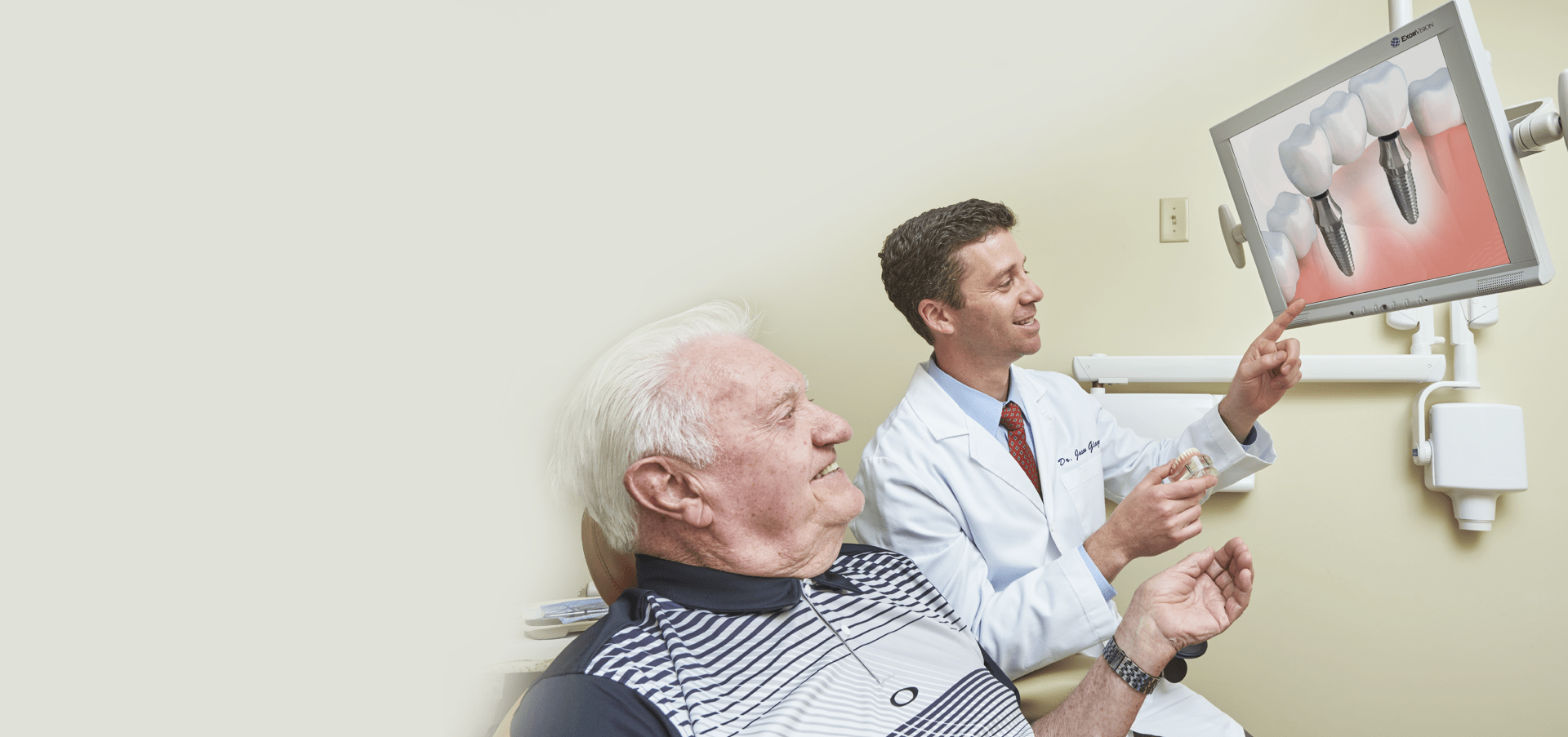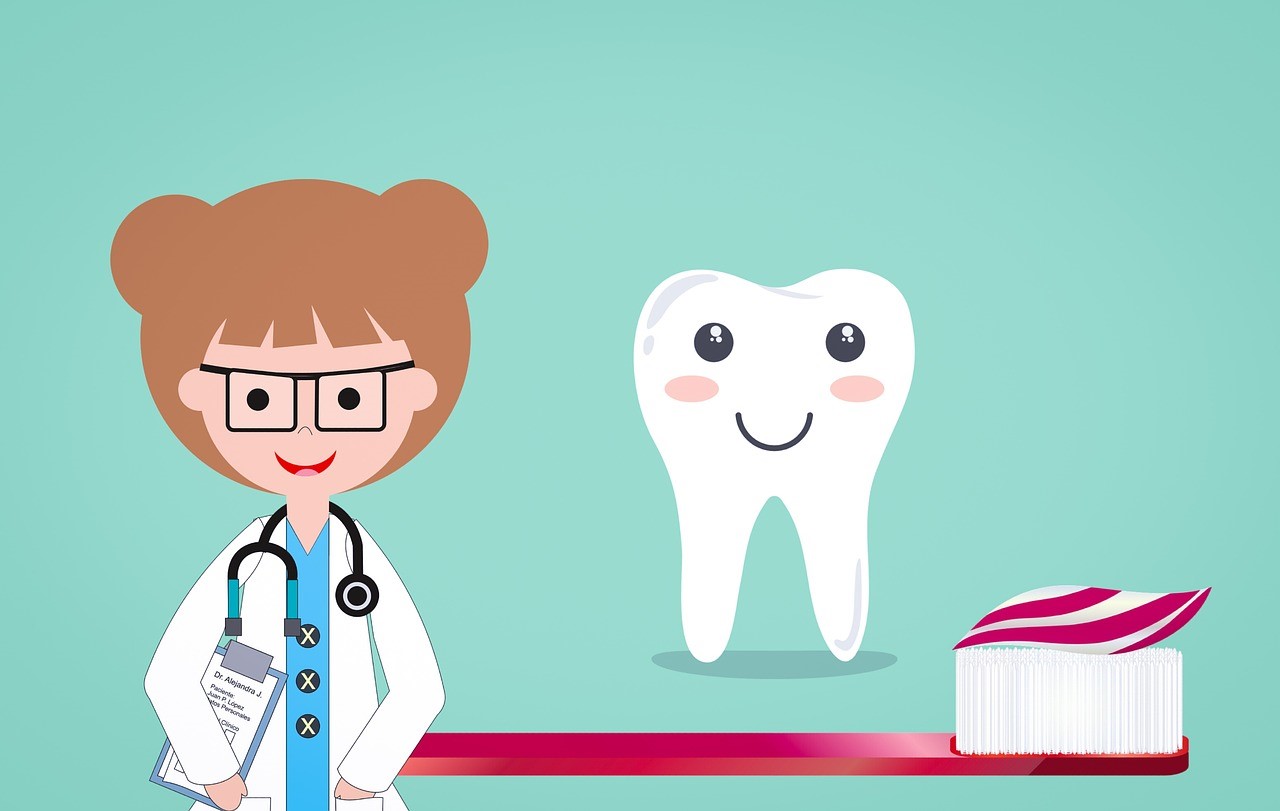
A Hidden Cause of Oral Pain
Our bodies do a great job telling us when something is wrong. Pain is the body’s way of getting us to pay attention and take action. But what if you can’t figure out the cause of the pain? What if the trigger of your pain only occurs when you are sleeping? This is the case for most of the Temporomandibular Joint Disorder (TMD) sufferers who appear in my office. Their symptoms range from straight jaw joint pain, to dull but persistent headaches, even to loose or cracked teeth. But the hidden cause is often the same: Night Grinding or Clenching.
When I discover that a patient grinds or clenches his teeth while sleeping, it is like pieces of a puzzle coming together, connected by one hidden cause. Patients who thought they just “had bad teeth” like their parents. Patients who need yet another root canal. Patients who didn’t know that their migraines could be connected to how their jaw is aligned. Patients who didn’t know that there was a solution because they didn’t realize there was a single problem to fix. And with so many different causes of Night Grinding or Clenching, from stress, to misaligned teeth, to issues with your shoulder and neck muscles, it is no wonder that up to 15% of the population has or will suffer from Night Grinding or Clenching at some point in their lives.
So what do you do if you clench or grind your teeth at night? How do you stop performing an unconscious action while you are asleep? Wear a Sleep Guard. Mouth guards worn during sleep, or Sleep Guards are created simply by taking impressions of the mouth that can be sent to a dental lab. The dental lab will create a custom-fitted Sleep Guard, which will both protect your teeth from the grinding action and position the jaw in a way to discourage the grinding all together. When adding Sleep Guards to their nighttime routine, patients have shown significant decreases in pain, improved sleep, less headaches, less tooth sensitivity, and even a decrease in cavities and dental cracks caused by the night-time pressure put on their teeth.
There are over-the-counter Sleep Guard options available, but they pose risks. Because these mouth guards lack customized fit, they can change the alignment of teeth, increase the nighttime clenching activity, and damage the soft tissue of the mouth. Even insurance companies are preferring custom-fitted Sleep Guards over their drugstore counterparts, as more and more they are covering a significant portion of the cost of a custom-fit guard.
So if you are dealing with any of the following symptoms:
• Jaw, neck, or face pain or soreness
• Headaches
• Pain that feels like an earache, though it’s actually not a problem with your ear
• Pain and stiffness in the jaw joint (temporomandibular joint) and surrounding muscles
• A locked jaw that won’t open or close completely
• Disrupted sleep (for you or your partner)
• Worn-down teeth, which can lead to increased sensitivity and even tooth loss
• Broken teeth or fillings
• Damage from chewing on the inside of your cheek
… Come in and we will do a full workup to find out if you are a nighttime clencher or grinder and see if a nightguard would be the answer you are looking for.





